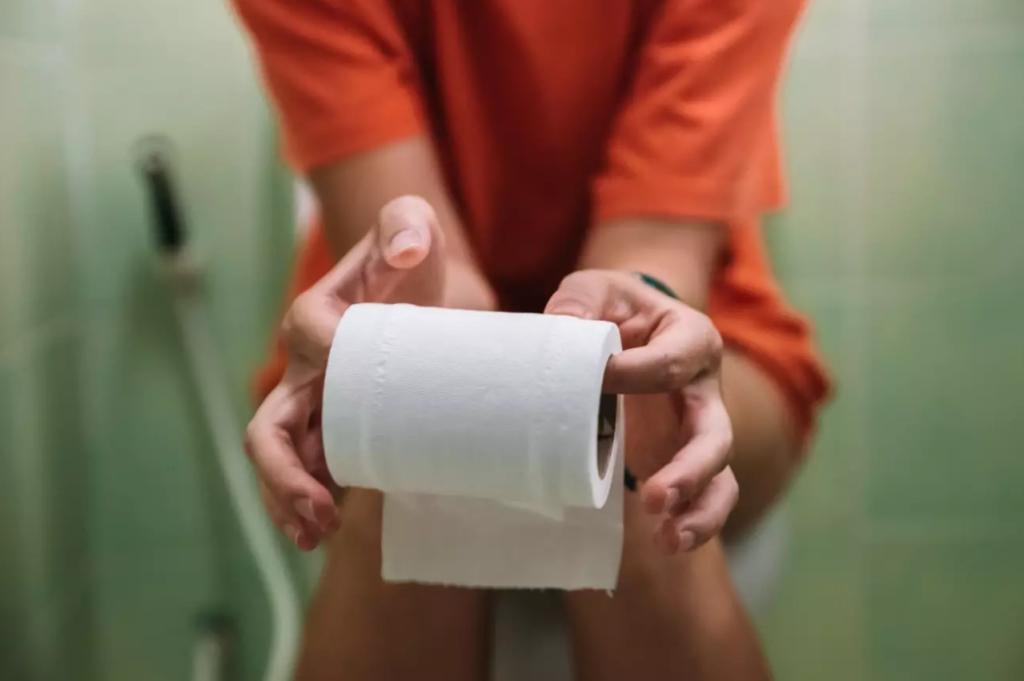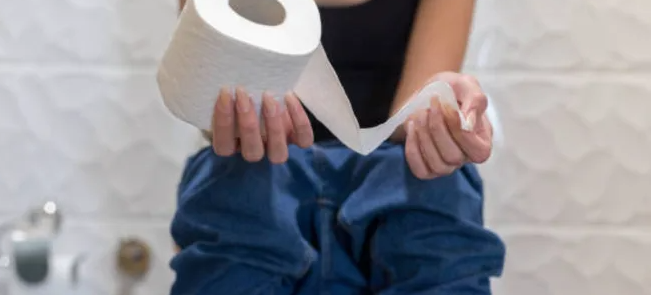Maintaining proper hygiene after a bowel movement is essential for overall health and comfort. While it might seem like a straightforward task, the number of times one should wipe, the technique used, and the tools employed can significantly impact personal well-being. Recent discussions and expert insights have shed light on best practices for post-defecation hygiene.

Optimal Number of Wipes
According to health experts, ideally, wiping after a bowel movement should require no more than two to three swipes of toilet paper. If you find yourself needing more than that consistently, it might indicate an underlying issue such as incomplete evacuation or stool consistency problems . Excessive wiping can lead to skin irritation, discomfort, and even microtears, increasing the risk of infections.
Factors Influencing Wiping Frequency
Several factors can affect how many times one needs to wipe:
- Stool Consistency: Loose or sticky stools tend to leave more residue, necessitating additional wiping. Dietary choices, hydration levels, and digestive health play significant roles in stool consistency.
- Incomplete Evacuation: Not fully emptying the bowels can result in residual stool, leading to more wiping. Techniques such as adjusting sitting posture or using a footstool can aid in complete evacuation.
- Medical Conditions: Conditions like hemorrhoids, anal fissures, or pelvic floor dysfunction can make cleaning more challenging and may require medical attention .
Proper Wiping Techniques
Adopting the correct wiping technique is crucial:
- Direction: Always wipe from front to back to prevent the spread of bacteria, especially important for women to reduce the risk of urinary tract infections .
- Gentle Pressure: Avoid aggressive wiping. Gentle swipes reduce the risk of skin irritation and microtears.
- Use of Moist Wipes: Unscented, alcohol-free moist wipes can be more effective and gentler than dry toilet paper. However, ensure they are labeled as flushable to prevent plumbing issues.
- Bidets: Using a bidet can provide a thorough and gentle cleaning, reducing the need for excessive wiping and minimizing skin irritation.
Addressing Persistent Issues
If you consistently experience the need for excessive wiping, consider the following steps:

- Dietary Adjustments: Increase fiber intake through fruits, vegetables, and whole grains to promote firmer stools.
- Hydration: Ensure adequate water consumption to aid digestion and stool formation.
- Medical Consultation: Persistent issues may warrant a visit to a healthcare professional to rule out conditions like hemorrhoids, infections, or digestive disorders.
While the act of wiping after a bowel movement is a routine part of daily life, paying attention to the frequency and technique can have significant implications for personal hygiene and health. By adopting proper practices and addressing any underlying issues, individuals can ensure comfort, prevent infections, and maintain overall well-being.

















